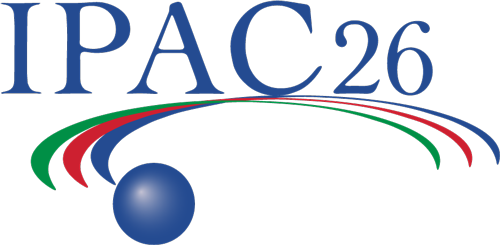Host Institute
GANIL
GANIL is one of the leading laboratories in the world engaged in research with ion beams. The accelerators, coupled to very high performance detection instrumentation, enable researchers from all over the world to conduct unique experiments. The research themes are nuclear physics, nuclear astrophysics, astrochemistry, materials under irradiation, nanostructuring, radiobiology and innovative techniques for hadrontherapy.
The operation of GANIL relies on the expertise of various technicians and engineers working at the facility. These include, among others, staff dedicated to producing and transporting ion beams, preparing and ensuring proper running of experiments, including the data
acquisition systems. Research teams propose experiments using state-of-theart technologies. Some of the required developments are carried out at GANIL in collaboration with experimentalists and engineers from other laboratories. The experimental and theoretical physicists work closely together for improving and deepening the knowledge on the science pursued. The smooth operation of the entire facility, and its accessibility to users, is ensured by the administrative personnel working alongside the scientific and technical staff. In all, about 300 people are employed in GANIL’s different divisions.
The national scientific research centre (CNRS) and the French atomic and alternative energy (CEA) are the laboratory’s two regulatory authorities. As a national laboratory, the facilities are developed through national collaborations (CEA and CNRS) as well as international collaborations and contributions. The SPIRAL2 facility was selected in 2006 by ESFRI, the European Strategy Forum on Research Infrastructures, as a project of scientific excellence. Every year GANIL receives several hundred researchers and engineers to collaborate on scientific experiments and projects. In total, nearly 1000 researchers from 65 laboratories in 30 different countries compose the GANIL users community.
